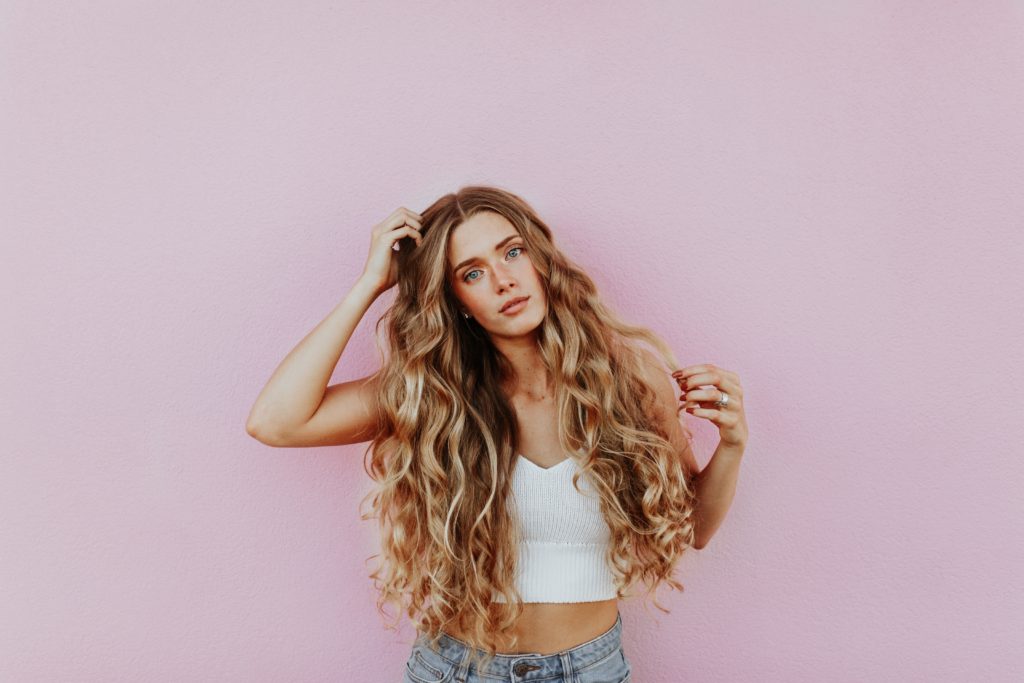
Thank God only the good things are trending!
By that we mean, if the ‘not so good’ things had a ‘trending’ phenomenon of their own, hair fall perhaps would top that list!
If you pick old photographs of yourself or even your friends for that matter, in all likelihood, the first thing you may notice is that people have either lost a lot of hair or their hair is no longer as healthy as it used to be.
Now there can be multiple reasons why people suffer from hair fall.
In the fast-paced urban lives that we live or rather chase after, we often forget to take care of ourselves, which results in a never-ending list of problems, ranging from issues in our physical and mental health.
An issue like hair fall, can not only hamper the way you look but also affect self-confidence for some. Many people also tend to panic when they face hair fall problems and rush to get treatments outside. We suggest you stay calm and first try DIY remedies to reduce hair fall at home. Furthermore, there are certain do’s and don’ts which can help stop hair fall immediately but you have to remember that consistency is key.
So let us go step by step and figure what can help us combat this new age enemy!
How Can We Understand Hair Fall?
Studies suggest that losing 50-100 strands of hair daily is normal but it’s a
red flag when your hair fall count is beyond this range. Apart from regular
hair fall, there also are a few types of hair loss that have medical terms
since they are very specific in nature.
For example, one type of hair loss is known as ‘Telogen Effluvium.’ It is temporary in nature. A lot of people who may have dealt with a stressful or traumatic moment in their lives may experience telogen effluvium. However, the hair can grow back after a period of three to six months.
The second and more serious type of hair loss is ‘Alopecia Areata’. It is an autoimmune disease and is commonly referred to as a hair loss disorder. Alopeciaideally needs medical attention.
There are several other types of hair loss too but they are lesser-known. For example, Androgenetic Alopecia, Anagen Effluvium, Tinea Capitis, Lichen Planopilaris and more!
What Are The Symptoms Of Hair Loss?
Most people hit the chaos button on seeing even a few strands of hair fallen around but remember it need not necessarily be a serious hair fall issue.
You can figure whether you have a hair loss situation for real if you have any of the following symptoms.
If you see bald spots on your scalp all of a sudden which did not exist earlier.
If you lose more than 50-100 strands a day.
Thinning of hair in the crown area or the top of your head.
If you lose locks of hair very often.
If you notice a gradual increase in your hair fall.
If you experience hair loss on your entire body.
If you have a receding hairline and it increases with time.
If your ponytail gets thinner.
If you have an itchy scalp.
If you notice psoriasis-like patches on your scalp.
If your eyebrows or eyelashes seem scantier.
What Are The Causes Of Hair Loss?
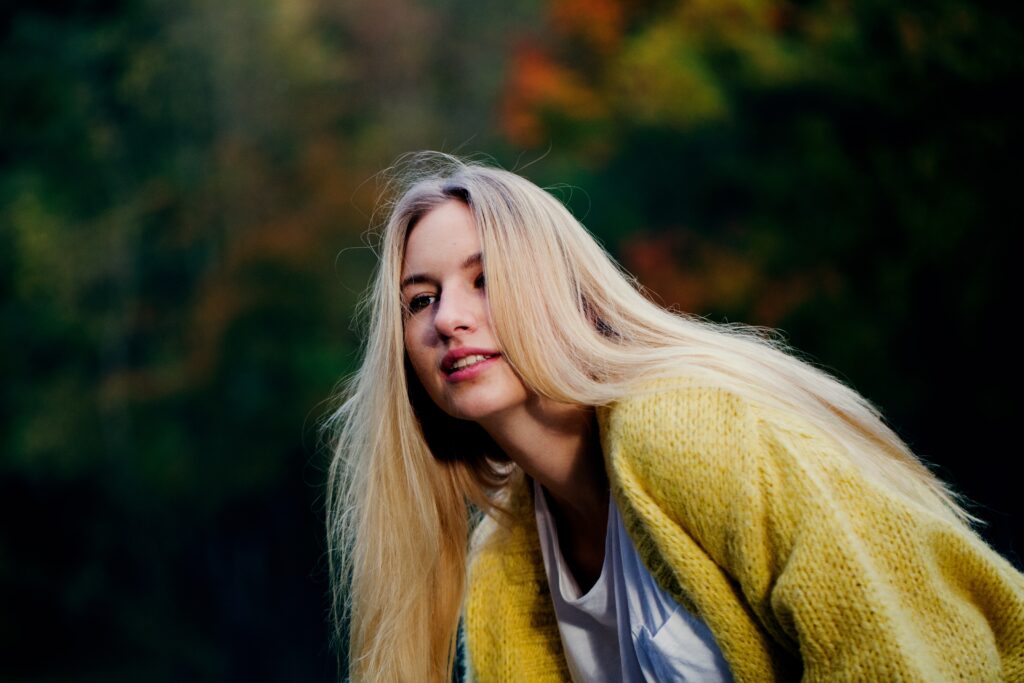
Stressful Moments
A lot of people notice excessive hair fall after they may have experienced any stressful or traumatic situations in their life like childbirth, serious illness, divorce, accidents, emotional setbacks, work issues, death of loved ones, etc.
Hereditary Factors
Hairloss caused due to this is referred to as MPB meaning male pattern baldness and FPB meaning female pattern baldness. MPB can happen in some men as early as their 20’s and 30’s. Though in general about 80% of men can go through this much later in life at around the age of 80.
Ageing
Well, age sure is just a number and it is cool to think like that but that’s essentially for your mind. Your body doesn’t necessarily resonate with this. The body does age! Of course, you can slow that process or reduce the adverse effects of ageing by a healthy and fit lifestyle but that doesn’t mean your body and organs won’t age! Similarly, the state of your hair too won’t be the same as it was in your teens or early twenties etc. Also, with ageing comes the greying of hair. To cover up the greys we tend to do regular hair colouring which in return harms the hair due to the chemical content in hair colour. Try to use products that are safer and reduce the frequency of the processes that may be harmful to your hair.
Hair fall-related to age is often difficult to reverse or improve. It is also seen in women and affects around 55% of women by the time they are seventy years old.
Chemical Treatments
Lot of people put their hair through chemical treatments like hair straightening, relaxing, perming and lots more. In most cases, almost 67% of people especially women experience frizzy hair after the effect of these treatments wear off. Almost 47% experience hair loss, 40% also experience thinning and weakening of hair.
Hormonal Imbalance
An estimated one in five women today suffer from PCOS or PCOD in India while the US has a rate of 5-10% women of childbearing age. Apart from this, several other hormonal issues contribute to hair fall.
Alopecia & Other Hair Loss Disorders
Over a million people in India alone are affected by alopecia and almost two and a half million people in the US.
Unhealthy Lifestyle
This is something which each one of us needs to question ourselves on! After all, we would like to leave you with some food for thought.
Thyroid Problems
Now this is a big one! Almost forty-two million people in India and twenty million people in the US suffer from thyroid issues.
Lack Of Adequate Nutrition
Apart from the fact that nearly 2.37 billion people in the world do not have adequate food, many eat enough but yet don’t get their required nutrition from it. Deficiencies in vitamins and required nutrients add to hair fall problems. Bad eating habits and junk food contribute a big time to this problem.
Chemotherapy Or Radiation Treatment
The number of people who suffer from hair loss due to chemo is only increasing. Studies suggest that by 2040 the numbers will rise by 53%.
Scalp Infection
Most people get a scalp infection at least once in their lifetime. The kind of infection may differ but it usually aggravates hair fall.
Side Effects Of Medication
Certain medications affect hair fall in the resting phase which is the telogen phase and some medications can also affect hair fall in the growing or anagen phase. Antifungal, anti-seizure, anti-depressants, birth control pills, cholesterol-lowering drugs and many such medications can contribute to hair fall.
Sexually Transmitted Infection (STI)
The most common STI known to cause hair fall is syphilis. If left untreated it may cause patchy hair loss on the scalp and sometimes even on the eyebrows, beard, etc.
What Are The Things To Avoid For Good Hair?
The first and foremost thing that you need to avoid is a sedentary lifestyle! Get out, get active and exercise! Cut down on eating unhealthy food. If you desire a lustrous mane then you need to work on other aspects too, like, lack of sleep, chemical treatments on hair, constant blow-drying of hair, harsh sun exposure, smoking, excessive alcohol, etc.
What Are The Natural Remedies To Prevent Hair Loss?
A lot of things that you can use as remedies to
prevent hair loss are usually available in your kitchen or easily available in
the market.
Aloe vera gel is very good in helping with hair fall. Apply the gel to a clean scalp and leave for about 30-45mins and then rinse off with plain water. Try to do this regularly at least 3-4 times a week.
Onion juice has become super popular when it comes to hair fall problems. From onion juice to onion hair oil, several products are easily available in the market or you can make a simple onion juice at home and apply it regularly on your scalp. The sulphur content in it is known to be extremely effective.
Fenugreek seeds also serve as a great remedy to help with hair fall. Soak the seeds overnight, grind them into a paste and apply on your scalp. Leave on for 30mins to an hour and wash off with plain water.
Keeping a clean scalp is another very important step everyone needs to follow in their hair care routine. Wash your hair and scalp regularly with a shampoo that suits you best. Condition your hair and be gentle with it. You can also try scalp massages. This can aid blood circulation in the scalp.
Yoga is also known to help with hair fall problems. Yoga, in general, is good for you but there also are some very specific yoga asanas or poses that are helpful especially for blood circulation to the head thus helping with hair fall problems. Some such yoga poses areKapalabhati, AdhoMukhaSvanasana, Sarvangasana, Balasana, Sirsasana, Vajrasana, Uttanasana and Matsyasana.
Which Are The Best Hair Oils To Reduce Hair Fall?
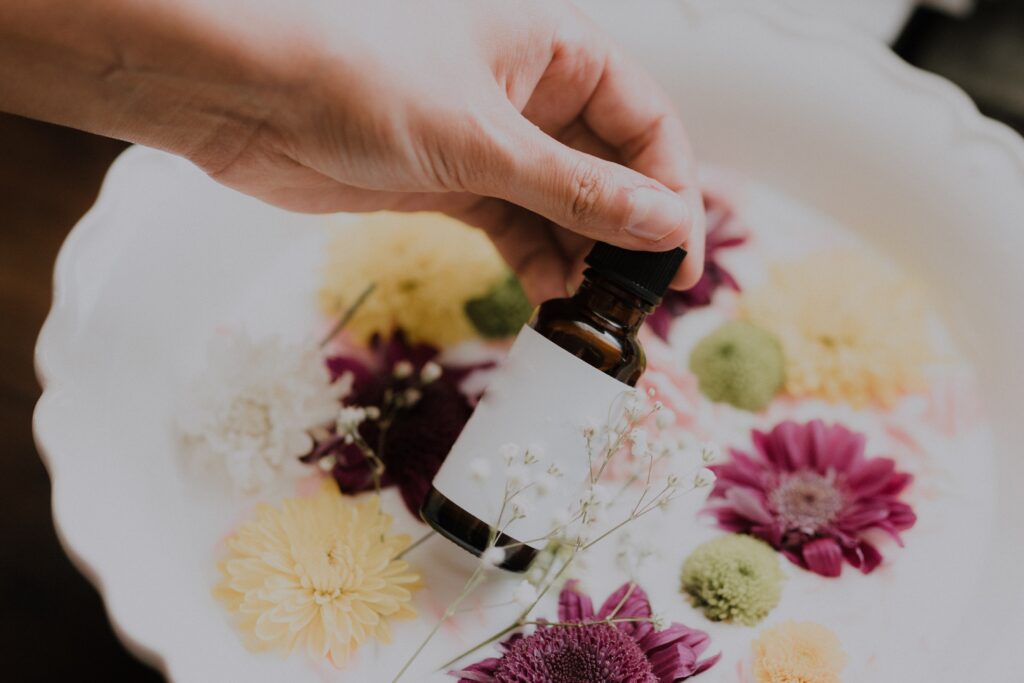
While several oils are known to help with hair problems, a few top the list. Castor oil, olive oil, onion oil, coconut oil, jojoba oil, argan oil, almond oil, grapeseed oil, lavender oil, lemongrass oil, sesame oil and rosemary oil. Indian culture also has curry leaves infused in oil which is known to be very helpful.
Which Are The Best Foods For Healthy Hair?
While eating right is necessary in general for overall wellbeing, there are certain foods which help in particular for healthy hair. Poor nutrition is a big factor when it comes to hair fall.
Try including these food items in your meals to help you fight hair loss.
For starters, Popeye was right!
Spinach works wonders! It is loaded with all the goodness you need for healthy hair, skin and your body in general. Spinach has nutrients like iron, folate, Vit A and C. You can’t ignore this one!
Sweet potatoes! They aren’t just yummy they also are nutritious and good for you. Sweet potatoes are rich in beta-carotene. Our body further converts this into Vit A which is a known helper of good hair.
Fun fact – Did you know that just one medium-sized sweet potato has enough beta carotene for more than four times your RDA of Vit A!
If you eat fish and eggs, then there’s good news! Fatty fish like salmon contains omega-3 fatty acids which are known to help with hair growth and reduction in hair fall.
Eggs are packed with many nutrients in general but the ones which help your hair are biotin and protein. While an apple a day keeps the doctor away, an egg a day keeps hair falling at bay!
Nuts and seeds should be the instant replacement for all those unhealthy snacks we eat!
Nuts and seeds contain minerals and vitamins which promote healthy hair. Zinc, selenium, Vit E, Omega-3 fatty acids can be found in nuts and seeds. Some of the recommended nuts are almonds and walnuts, while in seeds you can have a mixture of chia seeds, flaxseeds, sunflower and pumpkin seeds.
Apart from these foods, other goodies for hair health are beans, oysters, sweet peppers, avocados, berries, leafy vegetables and fruits in general.
Do Multivitamin Supplements Help Reducing Hair Loss?
While it is important to consume a healthy and balanced diet for good hair, it is also recommended to take multivitamins at the same time since our daily food consumption may not provide adequate nutrients which we require on a daily basis. These days you also get some fun and yummy options like hair health gummies. However, we suggest you check with your doctor before taking any multivitamin supplements.
Are There Any Tips To Control Hair Loss?
One of the topmost reasons for hair fall in any gender of people is the modern silent killer…STRESS!
You could be taking a lot of external care of your hair but if you are stressed within, no amount of hair treatments, food or medicines will help. So along with doing what is right for your hair, you also need to avoid stress.
Along with chemical treatments, even hairstyling can be the cause of your hair damage and hair fall. Heat styling, use of hair colouring and styling products also contribute to hair fall. Hence, try to avoid these as much as possible or use products that have lesser chemicals.
A healthy lifestyle is one of the best ways to help control hair fall. Eat what is good for you and cut out what is bad for you. Try to exercise regularly and get quality sleep. Sleep is something a lot of us don’t give much importance to but trust us, it is the key factor where your hair, skin and overall health is concerned.
How To Prevent Hair Loss In Men?
Most men face hair fall issues. It is one of the most common problems in men. A lot of men who lose hair get affected psychologically as well.
The few essential things that men can do in order to prevent hair loss are:
Avoid smoking
Avoid excessive alcohol consumption
Maintain a clean sweat-free scalp
Consume a balanced and nutritious diet
Stay adequately hydrated
Stay adequately hydrated
Avoid brushing wet hair
Avoid too much hair colouring or chemical treatments on hair
Avoid excessive heat styling and use of styling products
Lead a healthy active lifestyle
Consume required dietary supplements
FAQ’s on Hair Fall
1. Is losing hair normal?
A. Losing 50-100 strands a day is normal.
2. Does hair loss and balding only affect men?
A. No, even women can experience hair loss and other problems like hair thinning, balding etc. Though baldness is often an issue in males, anyone can suffer from it.
3. Is hair loss irreversible?
A. Not in all cases. However, hair loss that happens due to telogen effluvium is reversible.
4. Is hair loss hereditary?
A. In some cases, yes it can be hereditary. Generally, hair loss caused due to genetics is referred to as male pattern baldness (MPB) or female pattern baldness (FPB)
5. Which is the best vitamin for hair loss?
A. The most popular and effective vitamin to help with hair loss is a B vitamin, called Biotin.
6. Does shaving the head result in better hair growth?
A. Shaving the head and better hair growth have no connection.
7. Does hair grow back if you have alopecia?
A. It depends on what type of alopecia one has and the line of treatment you undergo if you suffer from any type of alopecia.
8. Can ponytails and braids cause hair fall?
A. Yes, if they are tied too tight for a long period of time.
9. Can hair grow back to normal after chemotherapy?
A. Yes, it can. The effects of chemotherapy are generally temporary and in most cases, the hair starts growing back a few weeks after the chemo sessions have ended.
10. Will hair transplant surgery give me the same hair as I had before?
A. Results of the surgery differ from person to person and it may not be possible to have the exact same hair as before but with people who have very good donor reserves, it may be possible to achieve a good density of new hair post-surgery.
11. Are there any non-surgical hair replacement options?
A. Yes, there are a few FDA approved drugs that help in treating hair loss. We suggest you consult with your health care practitioner before using any medications.
12. Do haircuts make hair growth better?
A. A big NO! It’s time the biggest myth about hair growth is busted! Hair grows from the scalp and not from the lengths. While a haircut can make your hair look bouncier and healthier, it definitely does not contribute to hair growth.
13. Will wearing a cap make you lose hair?
A. If you wear a cap too tight and for a very long duration where you sweat a lot on your scalp, then yes it may result in hair fall. The idea is to wear a cap that fits comfortably or is slightly loose and keep the cap clean.
14. What is PRP therapy for hair loss?
A. PRP therapy is a popular method these days for hair loss problems. The procedure involves injecting platelet-rich plasma into parts of the scalp that need hair growth. It usually helps to strengthen the existing hair. This therapy also helps stimulate collagen growth.
15. How much hairfall is a normal amount of hairfall in a day?
A. Losing 100-150 strands of hair a day is a normal amount of hairfall.
16. Is it important to use a hairfall shampoo to reduce hairfall?
A. A hairfall shampoo is designed to energize the scalp and increase blood circulation which will help reduce hairfall.
17. Which oil should one use to reduce hairfall?
A. Castor oil, almond oil, lavender oil, argan oil, onion oil, rosemary oil, and peppermint oil all help reduce hairfall and increase hair growth. The oil should be applied and massaged into the scalp.
18. Are there any specific treatments for hairfall?
A. Yes, a hairfall treatment should be done once in two weeks, it will consist of an energizing shampoo, an oil, and a scalp lotion to increase blood circulation and stimulate the dormant follicles on the scalp.
19. Can a change in diet affect hairfall?
A. Yes, having a balanced diet that includes eggs, fish, spinach, nuts, soya beans, beans, sweet potatoes, avocados, and flax seeds which are all rich in vitamins, iron, omega 3, and protein will reduce hairfall and increase hair growth.
Remember, nothing is impossible!
With all the hair fall control tips we have shared with you, given the right situations you can sometimes even regrow your hair, control hair loss, stop hair fall and sport a healthy mane that is truly your crowning glory!
For a more detailed consultation to find the right treatment for hair issues, you can make an appointment with one of our hair experts at our A’Kreations Hair & Beyond Luxury Salon in Bandra West or in Powai and solve all your hair queries.
To Book, an appointment call us on 720 899 9911 / 897 622 8999 / 720 894 0840 / 720 894 0848
Or Visit us at the Ground floor / 1st Floor, Sagar Fortune, Waterfield Road, Bandra West, Mumbai.
Or Visit G-3, Ground floor, Delphi ‘A’ Wing, Orchard Avenue, Powai, Mumbai.
#AkreationsTips #Thursdayaktips #AkreationsIndia
Like us on Facebook
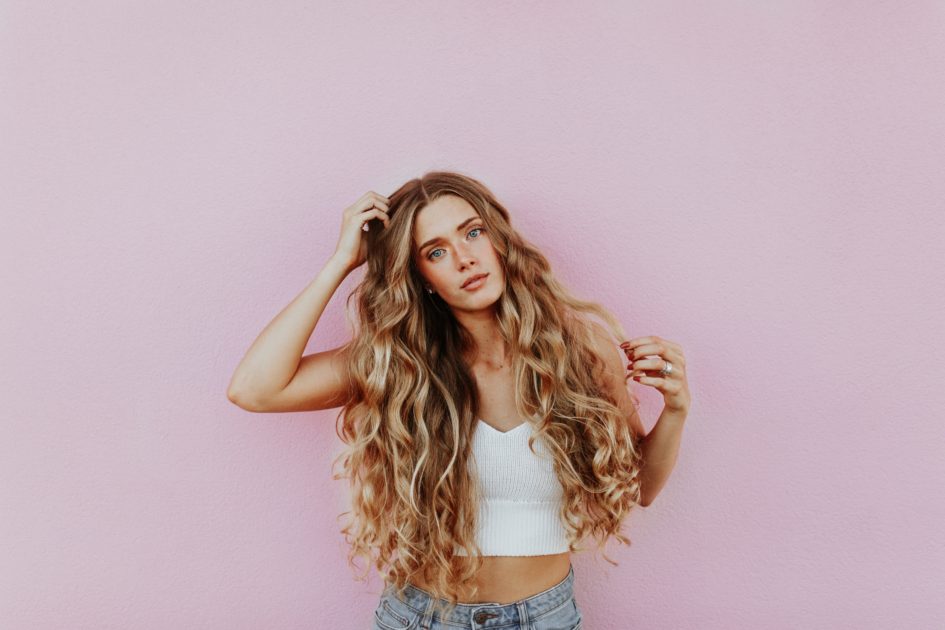
Leave a Reply